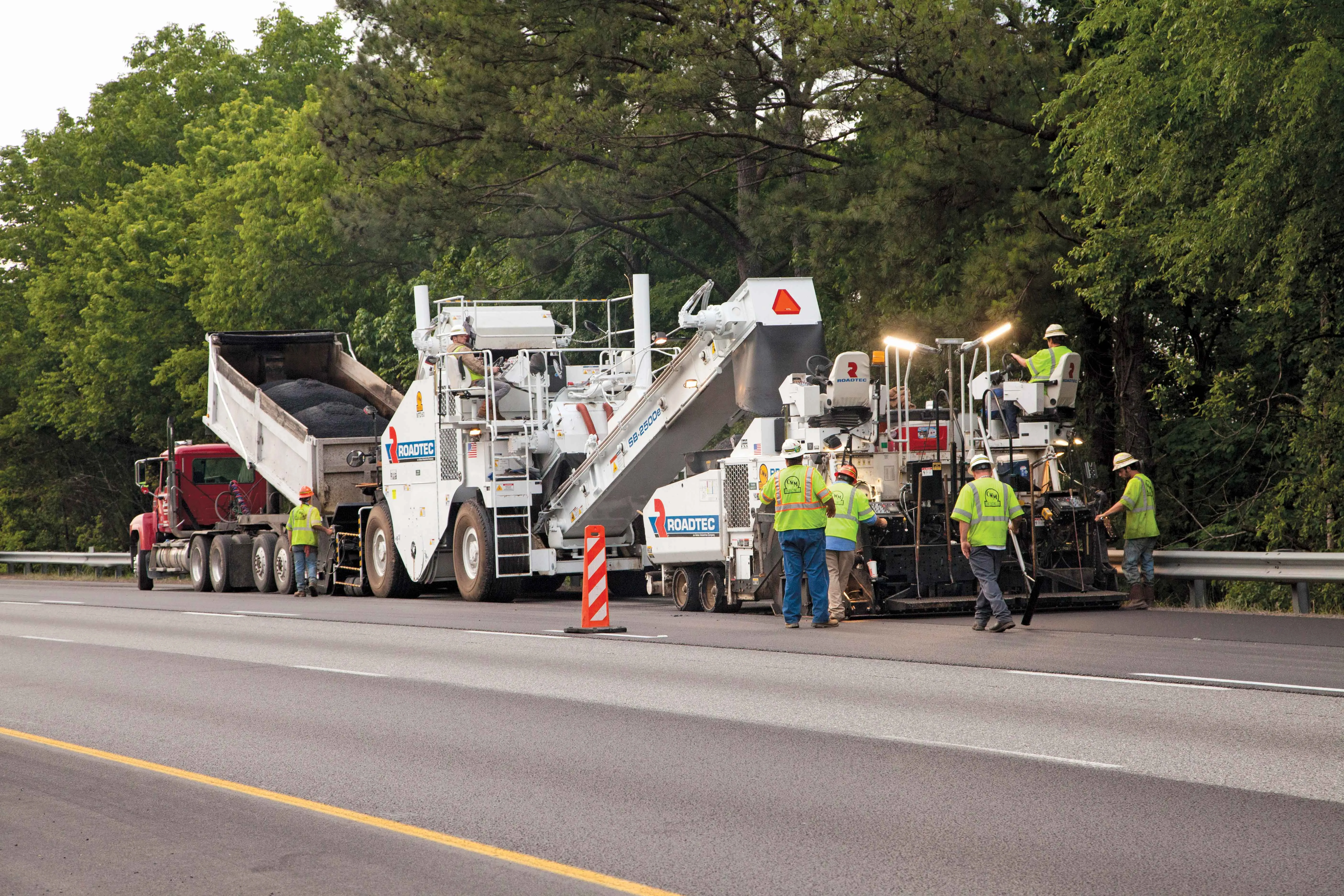Mexico's capital has taken delivery of the country's first all-electric taxi cabs under an agreement to promote eco-friendly vehicle use between Japan-headquartered Nissan Motor and the local government.
March 1, 2012
Read time: 1 min
Mexico's capital has taken delivery of the country's first all-electric taxi cabs under an agreement to promote eco-friendly vehicle use between Japan-headquartered 2454 Nissan Motor and the local government.
The government of Mexico City intends to provide incentives such as excluding electric vehicles from the emissions verification programme, waiving yearly car registration, permitting them to travel in special lanes and offering preferential parking spots in a bid to encourage usage of electric vehicles. By the end of this year, the programme plans to deploy 100 new electric vehicles and a second quick-charge station.
Marcelo Ebrard, Mayor of Mexico City, together with Nissan and US-based3500 General Electric, the supplier of the quick-charge equipment, launched the first three taxis into operational service last week. Increased use of electric vehicles in the city will certainly help reduce the eye-wateringly high smog levels. However whether battery powered vehicles will appeal to more than a handful of Mexico City's notoriously pedal-to-the-metal cab drivers remains to be seen.
The government of Mexico City intends to provide incentives such as excluding electric vehicles from the emissions verification programme, waiving yearly car registration, permitting them to travel in special lanes and offering preferential parking spots in a bid to encourage usage of electric vehicles. By the end of this year, the programme plans to deploy 100 new electric vehicles and a second quick-charge station.
Marcelo Ebrard, Mayor of Mexico City, together with Nissan and US-based







